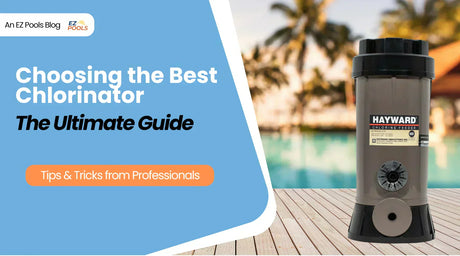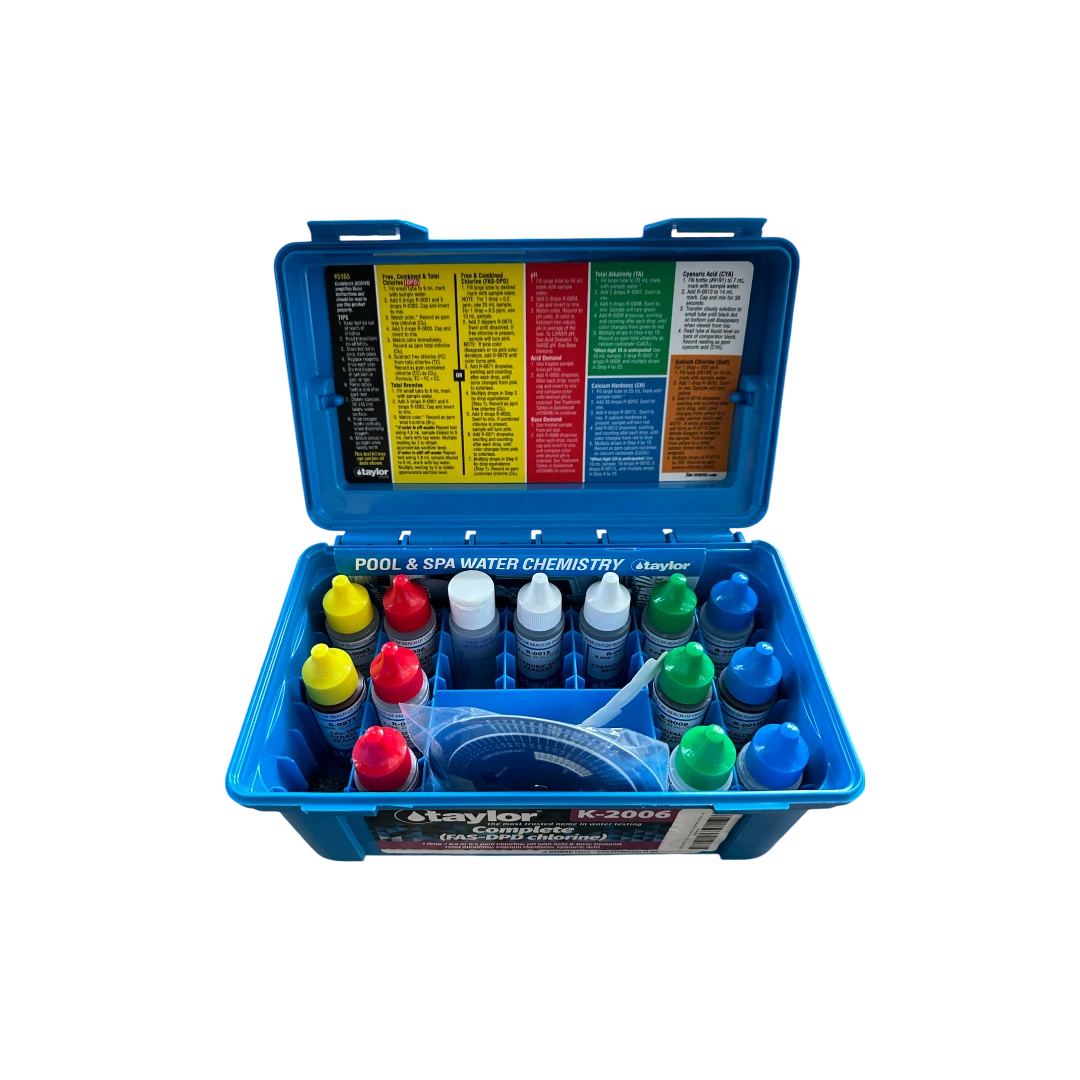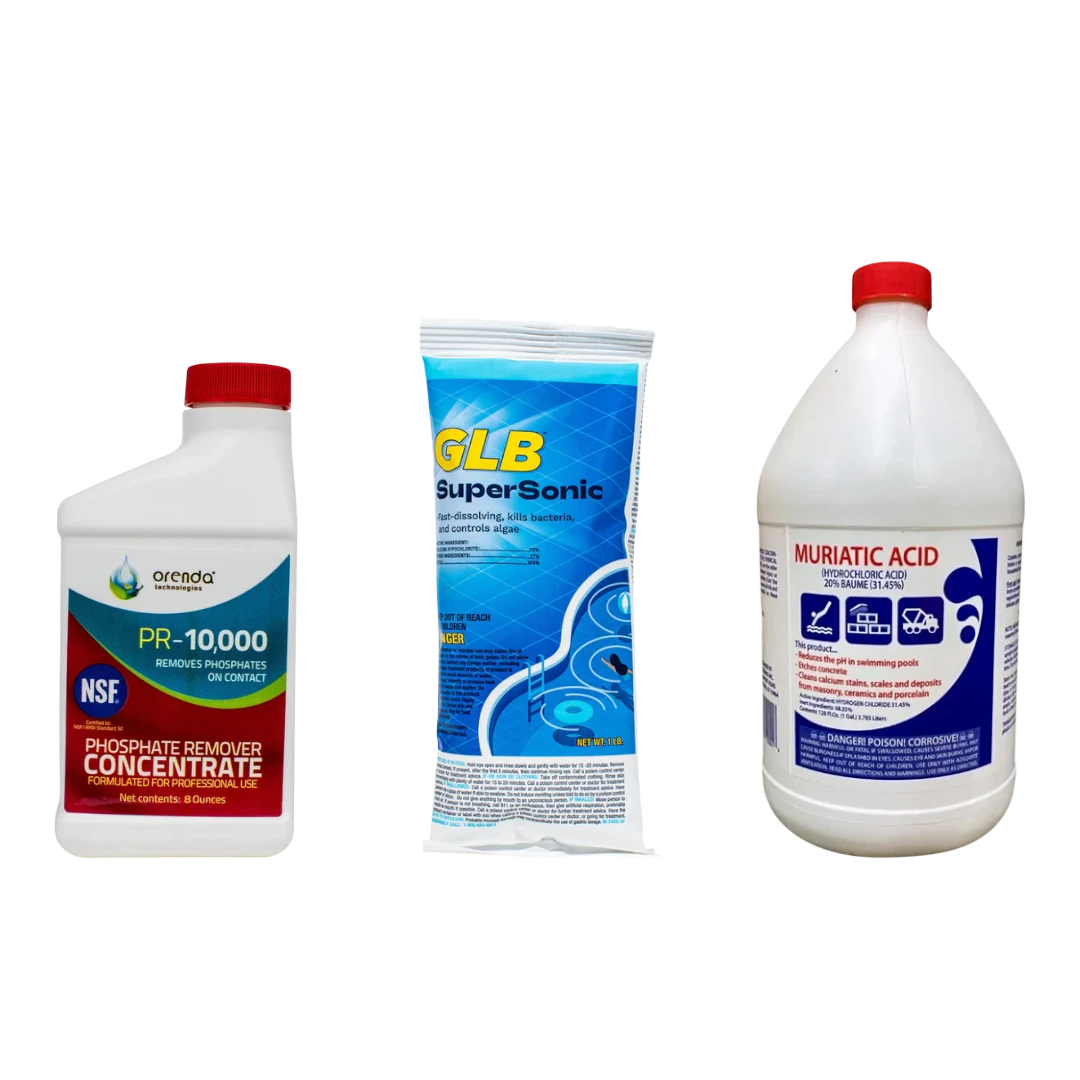
When summer rolls around, there's nothing quite like taking a refreshing dip in a crystal-clear pool. However, achieving that perfect water quality requires the right maintenance tools, and one of...
EZ Pools |
Taylor Technologies
R-0004-A
Taylor pH Indicator Solution Reagent #4
Taylor Technologies
R-0013-A
Taylor R-0013 - Cyanuric Acid Reagent #13
LaMotte
LAMOTTE_DPD1_6999A-M_1000CT
LaMotte DPD#1 Test Tablets 6999A

